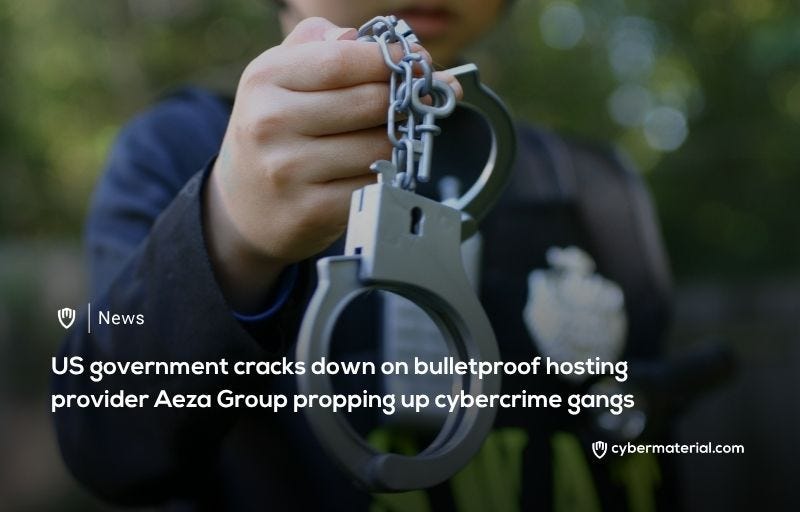
The US government has sanctioned Aeza Group, a Russia-linked “bulletproof hosting” provider, and its affiliates for knowingly facilitating cybercrime, including ransomware attacks by groups like Bian…

The US government has sanctioned Aeza Group, a Russia-linked “bulletproof hosting” provider, and its affiliates for knowingly facilitating cybercrime, including ransomware attacks by groups like Bian…